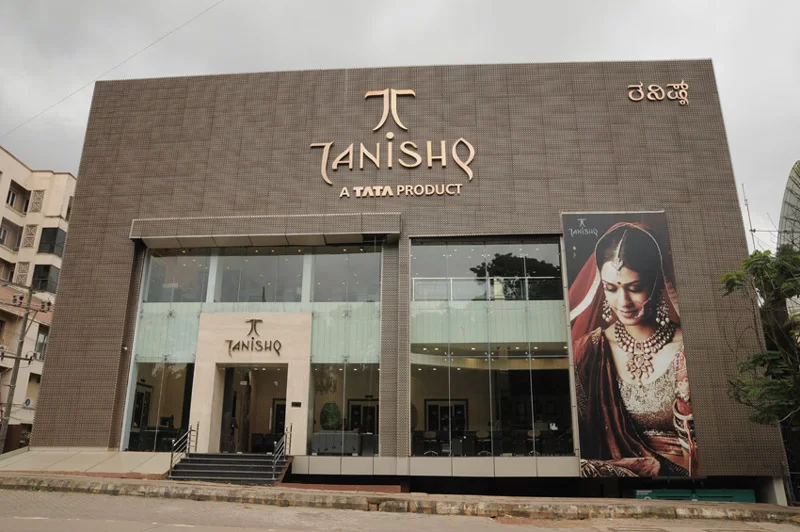Tanishq feels there is a tremendous chance for other Indian retail businesses in the US after entering the industry.

A month after opening its first American outlet, Tanishq, India’s leading jewelry retail brand from the house of Tata, feels that the United States offers “huge opportunities” for not only itself but also for other Indian retail brands as well. This is mainly attributed to the large presence of Indian Diaspora in the country, who are among the highest per-capita income, but also because of the interest in India, its culture and products among the Americans.
“The opportunity is huge. Just from an Indian diaspora perspective, a South Asian diaspora perspective, and then even beyond that, the opportunity is huge. If you just focus on, let’s say the Indian diaspora part, the people here, and that is an important part of our decision to enter here,” said Amrit Pal Singh, business head- North America, Titan Company that runs the chain of jewelry stores in both India and overseas under the brand of Tanishq.
Before entering the US market, Tanishq spent two years in studying the North American jewelry market which is considered to be USD 60 billion and that within the Indian Americans is USD 3 billion.
Tanishq by opening its first retail store in Oak Tree Road of New Jersey – called Little India – is currently focused on the Indian Diaspora Market and is now planning to expand to other cities as well like Chicago, he said.
“We want to use this as a beachhead and eventually then crossover to the broader consumer market. We have a plan around that,” he said.
Tanishq is probably the first major Indian retail brand to enter the American market. This he hoped would pave the way for other Its Indian retail brands to enter the United States.
Based on his market experience, Singh told PTI in a recent interview that the Indian American community is very diverse.
“They are in different professions. They are one of the highest income minority groups. Just for statistics, the Indian American community has almost double the household income of an average American household, which means they’re doing quite well,” he said.
And finally, the Indian Americans are no longer shy of the Indian culture and heritage.
“They want to express that. Which means they want to engage more and more with Indian brands. What I have seen here is that not many (Indian) brands have yet come (to the United State), but there is a huge opportunity for them,” Singh said in response to a question.
“But the only thing to keep in mind is that this is not India. There are nuances here that need to be studied in detail. They can’t replicate simply what has happened (in India). Even for us, we are introducing new designs for here, new store designs, new product designs. So you have to be sensitive to the fact that while consumers are there, they have different taste, different lifestyles and different ways of operating here,” he said.
“Those are some of the things that we are very mindful of. I think that any other brand looking to enter here needs to be kind of mindful of those things as well,” Singh said.







